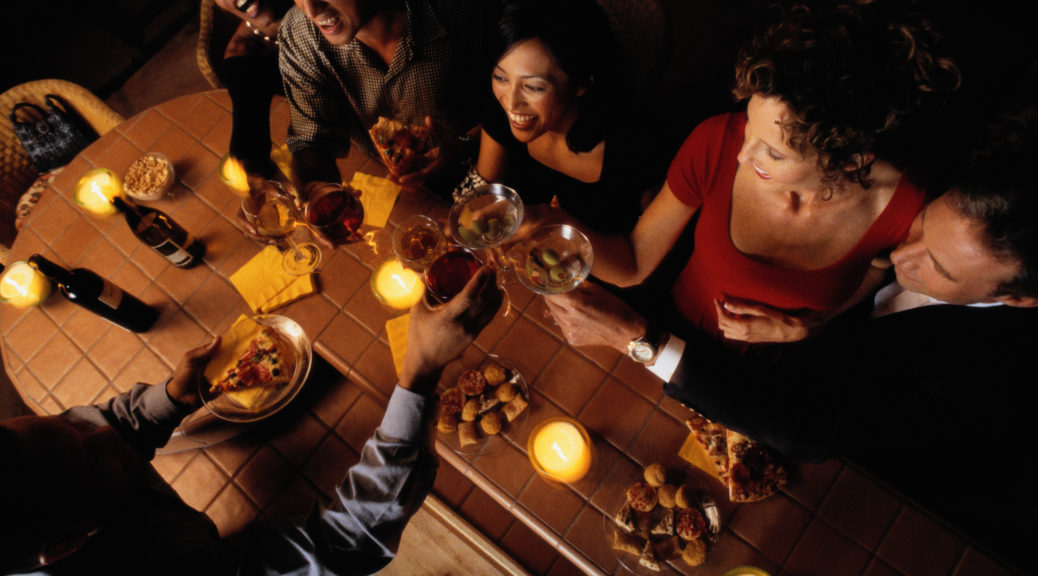Results of a Randomized Trial of the Way To Serve Responsible Alcohol Server Training
Alcohol use and misuse is a leading cause of preventable death in the United States. Alcohol servers may help prevent alcohol-impaired car accidents and other harms by discouraging overconsumption by patrons. Responsible beverage service (RBS) training is designed to improve serving behavior, especially by avoiding selling too many drinks to a patron, refusing sales to intoxicated patrons, and properly checking identification to prevent sales to minors. Positive evaluations of RBS programs have been reported, yet online technologies hold promise for improving training quality, fidelity, cost, and uptake.
In a recent publication in the Journal of Studies on Alcohol and Drugs, researchers led by Klein Buendel (KB) Senior Scientist, Dr. W. Gill Woodall, reported the results of a randomized trial of the media-rich, interactive web-based WayToServe® (WTS) RBS training. The study hypothesized that servers who completed the WTS training would refuse alcohol service to apparently-intoxicated patrons at significantly higher rates compared with servers who completed the usual and customary (UC) live training.
In the study, alcohol-serving establishments (such as bars) in New Mexico were randomly assigned to receive WTS training (n=154) or the UC live training (n=155). Establishments were assessed before training, immediately after training, at six months after training, and at one year after training with a pseudo-intoxicated patron protocol (in which buyers were trained to enacting documented behavioral signs of intoxication) to assess premise alcohol service during early to mid-evening hours. The primary outcome variable for the assessment was the proportion of apparently-intoxicated buyers who were refused alcohol service.
Results indicated significantly higher refusal rates for WTS than for UC premises at the immediate (WTS=68% vs. UC=49%) and the one-year post-training assessment points (WTS=68% vs. UC=58%), but not at the six-month post-training assessment (WTS=69% vs. UC=64%). Results also indicated that younger pseudo-patrons were consistently refused more often than older pseudo-patrons. The study concluded that RBS training can be delivered online, broadening the scale of distribution and making it a potentially more cost-effective way to reach alcohol servers with effective and beneficial RBS training.
A full description of the methods, results, and limitations of this study, as well as commentaries by Buvik & Rossow (2018) and Miller (2018), and an author response, can be found in the Journal of Studies on Alcohol and Drugs.
The research was funded by the National Institute on Alcohol Abuse and Alcoholism (AA014982; W. Gill Woodall, Principal Investigator) at the National Institutes of Health. Collaborators/coauthors include Dr. Randall Starling from the University of New Mexico, Dr. Robert Saltz from the Pacific Institute for Research and Evaluation in California, Dr. David Buller from KB, and Dr. Paula Stranghetta from Paula Stanghetta & Associates, Inc. in Ontario, Canada. KB’s Creative Team produced the WayToServe® web-based training. WayToServe® has been licensed to Wedge Communications LLC for commercial sale and distribution.

